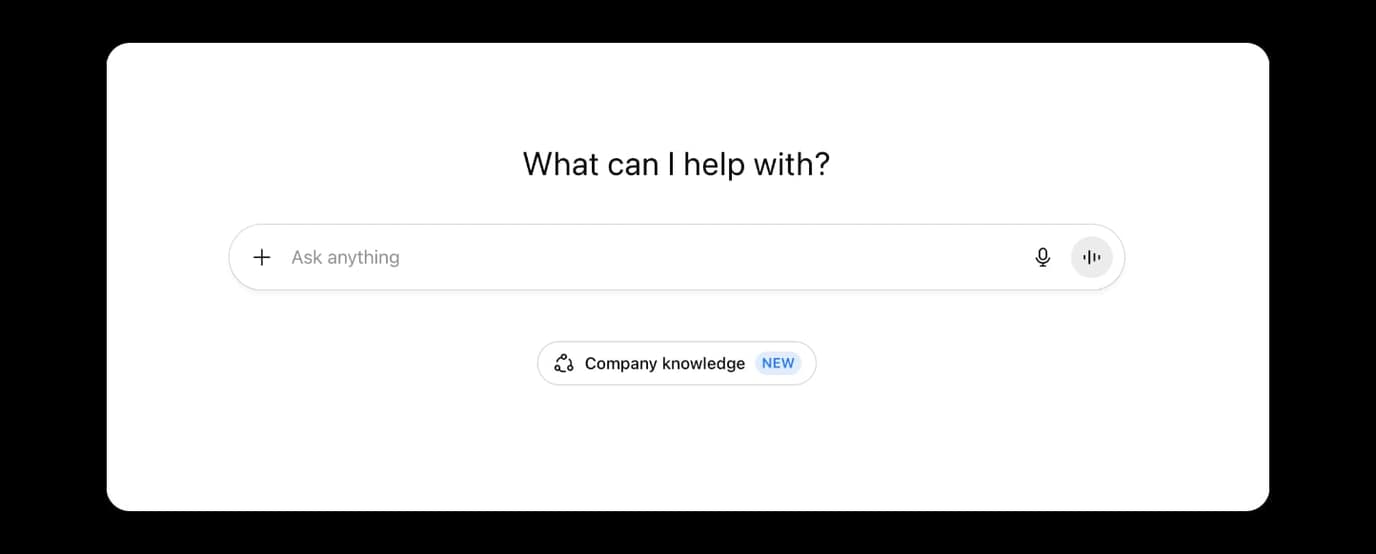
Do you do any SEO? If you do, are you doing it the right way? There are some very simple SEO dos and don’t for beginners to follow when it comes to SEO. There are also some tactics you should be actively keeping up with. So to find out whether you have been doing SEO the right way, read on.
What is SEO?
SEO (Search Engine Optimisation) is the process of improving a website in specific ways with the goal of increasing rankings on SERPs (Search Engine Results Pages), thus increasing traffic. While this may seem simple, its really important when considering SEO for beginners to understand what this means.
Simply put, there are actions designed for humans, and others which humans may never see, but will still have an impact on how many people are able to see a website on Google.
Below we have set out the basics of SEO for beginners, from webpage security to site speed to on-page content, and more. We’ve also given a few crucial pointers on things you should aim to do and avoid doing.
Keyword research for Beginners
This should be the first stage of implementing an SEO strategy. It helps point the campaign into the desired direction. If you don’t know what your keywords are, then what you do may be completely wasted. They are the core to your SEO so it is important to focus on this carefully to ensure you get it right.
Below are some really simple SEO for beginners first steps:
DO:
- Identify the specific keywords you want to ‘rank’ for on Google. What is your business? Which one of your services do you want to provide the most?
- You can rank for more than one keyword; we’d recommend finding and tracking 50 as a good place to start
- When looking for which keywords to rank for, it’s important to find relevant ones which have a high search volume – in other words, which terms people are likely to use.
- Look at how competitive keywords are. While some may have a high search volume and get you excited, they may be a bit of a long shot so you could be better off focusing on alternatives that are a little lower but you have a better chance of ranking for
- Use online tools such as Ubersuggest and the Moz Keyword Explorer. There are other tools you can use such as SEMrush.
DON’T:
- Invest a lot of time on keywords with low search volumes, as they probably won’t produce the results you’re looking for. There may be some keywords with lower search volumes that might be worth targeting, but it is safer to go for the low-hanging fruit
- Get fixated on a particular keyword. As it is likely that you need to focus on a range of keywords, you can’t become too hooked on a specific term
- Simply do your keyword research and think your job is done. Keywords need fairly regular review to ensure they are still appropriate
- Forget the people doing the searches. You might think you have an idea of what people are looking for, but really make sure you know this. Ask friends, family or existing customers and clients what they would search for to find your business or use other tools if you don’t want to ask anyone!
On-Page SEO for Beginners
On-page SEO is where you do any improvements actually on each page of your site. There are a number of ways you can do this, such as through content, internal links and metadata. Over time, this has become one of the most important factors in SEO.
As with keywords, on-page SEO isn’t something that you do once and then move on from. You should try to review your on-page SEO on a fairly regular basis to ensure it is up to date with your content, keywords and internal links across your site.
DO
- Produce unique and different content. Please do not plagiarise as it will damage your SEO, is often very obvious to a user and also rips off the original author
- Ensure your content has keywords that match the search query. Pretty simply, Google has been on a quest for many years now to provide only the best content for users. If your content does not contain the keywords that people are looking for, then it will not be matched with the search query
- Make sure you use your keyword more than once so you are telling Google the content really is about that keyword and spread it throughout the post or page. This will make it read more naturally too
- Have a heading hierarchy. For example, there should be one H1 tag – your title. After that, you can have sub-headings that are H2 tags. If they have sub-headings, they should be H3
- Include internal and external links. Make sure any external links are reputable and relevant
- Put keywords in your title tags and ideally at the start. If someone is scanning down results on Google, their mind is looking for the words they have searched for. So if your post or page is about ‘Garden Furniture’, this should be in the title tag
- Put keywords in your meta description and try to include a call to action to encourage clicks
DON’T
- Simply copy what other people are writing about. Try and find a new angle or tip or way to make it better than other content covering the same topic
- Forget to use a keyword until paragraph three. While you don’t want to cram them in, you do need to get them in the beginning of your content. This should be easy to do because your content should be about that keyword e.g. if you are selling a service such as ‘Garden furniture’, you would need to say so early on
- Stuff multiple keywords in all over the place. Google’s algorithm is highly intelligent and while websites used to get away with this more, Google has adapted to recognise when this is being done. So have users, and they don’t like it.
- Try to be too clever. Lots of people used to have a box at the bottom of their website that contained a huge amount of keywords with the hope Google would see those words and go ‘oooh that must be relevant’ and put it in all the search results that could possibly relate to the keywords. This practice has died out a bit but some web agencies actually still do this
- Damage your page speed by having a huge amount of heavy images and videos. This will increase your bounce rate (where users click off)
Off-page SEO for Beginners
The clue is in the name – this is SEO that you do away from the page’s website. It signals to search engines that they should rank you more highly not based on what is on your website, but because of what others think about your site.
This is an area that some people struggle with more than others. Some businesses don’t like to do anything that isn’t on their website, or they don’t see it as such a priority as on-page SEO. However, it is important not to neglect this.
DO
- Research what your competitors are doing.
- Get backlinks from trustworthy, reputable and good quality sources. This is where a link to your website is put on another site. It can be done organically, by people simply seeing what you do, and linking to it without any intervention from you. It can also be by you asking people to add links.
- Add your website to directories. This is another type of backlink and is one where you may need to tread a bit more carefully. Some directories set themselves up with the sole purpose of pushing people to create backlinks. That doesn’t mean they are worthwhile. So do your research and find directories where it is relevant to your sector or services and has a good trust rating
- Follow good Domain Authority. We’ve mentioned trust a few times and what this means is that a website actually has something called a good Domain Authority score. This is based on a number of factors and Moz goes into much more detail on this subject. Moz also has a great tool to check Domain Authority and we recommend you use this when you are trying to work out where to try to get backlinks
- Try to find ways you can do guest posts on websites that match the above criteria but are also relevant. We get lots of enquiries for people to put posts or links up but they often have nothing to do with what we do. If it is relevant, we will consider it!
DON’T
- Try to get simply anyone to link to your site. If it isn’t relevant or the website you are getting a link on has a poor rating, then it could damage your SEO
- Buy backlinks. There are a few reasons why we are saying this. The first is that it could be a waste of your money. If people are selling them for example on paid for directories, then it may not actually generate any traffic to your site or improve your SEO. Furthermore, it could do the opposite
- Ever do negative SEO. This goes for all types of SEO but is more often carried out in the area of off-page SEO. You may think it is a quick way to beat off your competitors by bringing them down, but it is unethical and may come back to get you
Over to you
At the start of this post, I asked if you did SEO. This post demonstrates there are a number of clear and easy ways you can improve your presence online and if you’re not doing it, you could be missing out on business. If you have a shop window, you make it look as good as you can. You should be doing the same with your website.
We’ll go into more detail on each of the areas above in separate posts as what we have written is just touching the surface. There are also much more complex areas of SEO that we haven’t explored in this article. Want some help? Feeling a bit overwhelmed? If you’d like professional consultation, then feel free to contact us and speak to a member of our experienced team.





